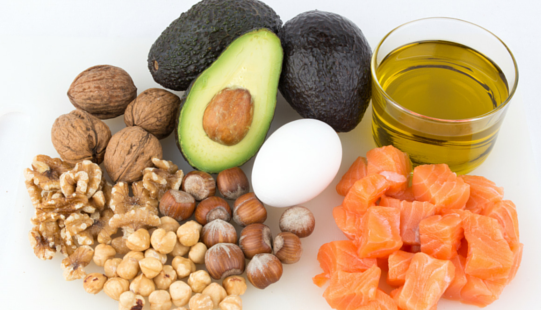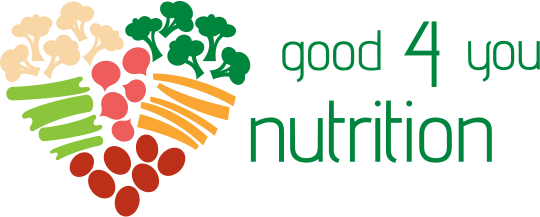Why Fats are Important!
Posted on July 29th, 2016
Fats carry our fat soluble vitamins around the body to allow for uptake and are essential for converting carotene to vitamin A. Fat holds and protects our organs, provides insulation and prolongs digestion as it slows down the production of hydrochloric acid. Eating good fats also aids our digestion in the sense of lubricating our digestive track to help keep us regular. It is also important for our skin complexion, scalp and muscles.
The body can also utilise fat as a source of energy when the livers glycogen stores are depleted (i.e. during fasting, exercise or when we are sick.
If we do not eat enough fats we risk the loss of fat-soluble vitamins as they are unable to be absorbed. We also expose ourselves to a higher risk of developing eczema and other skin conditions. Severe deficiency can lead to severely retarded growth. On the other hand eating too much fat can increase your risk of cholesterol being stored which contributes to atherosclerosis, hardening and narrowing of the arteries along with various other alignments linked to excess fat (weight gain, obesity, diabetes, hypotension, cancer etc.)
Our bodies are pretty unique in that they can make all fatty acids except for:
- Linoleic acid (Omega 6s) – which are found in seeds and land plants
- Linolenic acid (Omega 3s) – fish, walnuts, flaxseeds, chia seeds and hemp seeds
We often consume too many omega 6s and too little omega 3s.
Omega 3s are essential for brain health and reducing inflammation in particular. Ideally we need to consume a serve of omega 3 fatty acids daily to reap the benefits. If you are unable to consume these fatty acids daily, supplements are a great option!
Healthy Fat Choices
- Avocado
- Cold pressed oils (olive, coconut, flax, macadamia etc.)
- Nuts and seeds (raw only)
- Coconut (oil, flesh, butter, flour etc.)
- Grass fed butter
- Olives
- Goat and Sheep cheese and yoghurt
Cold pressed oils are fantastic to drizzle of salads and all nuts and seeds should only be consumed if they are raw.
Coconut products is particular are a great choice to consume as although they are comprised mainly of medium chain triglycerides they are easily digested and metabolised in the liver. They are used directly for energy and help boost metabolism.
Fats that should be avoided include:
- Deep fried foods
- Commercially baked and packaged foods
- Margarine and vegetable shortening
- Canola oil
- Vegetable oil
- Sunflower oil
- Cottonseed oil
- Peanut oil
Every meal you eat should include a healthy fat source of some kind so it is time to get creative!

